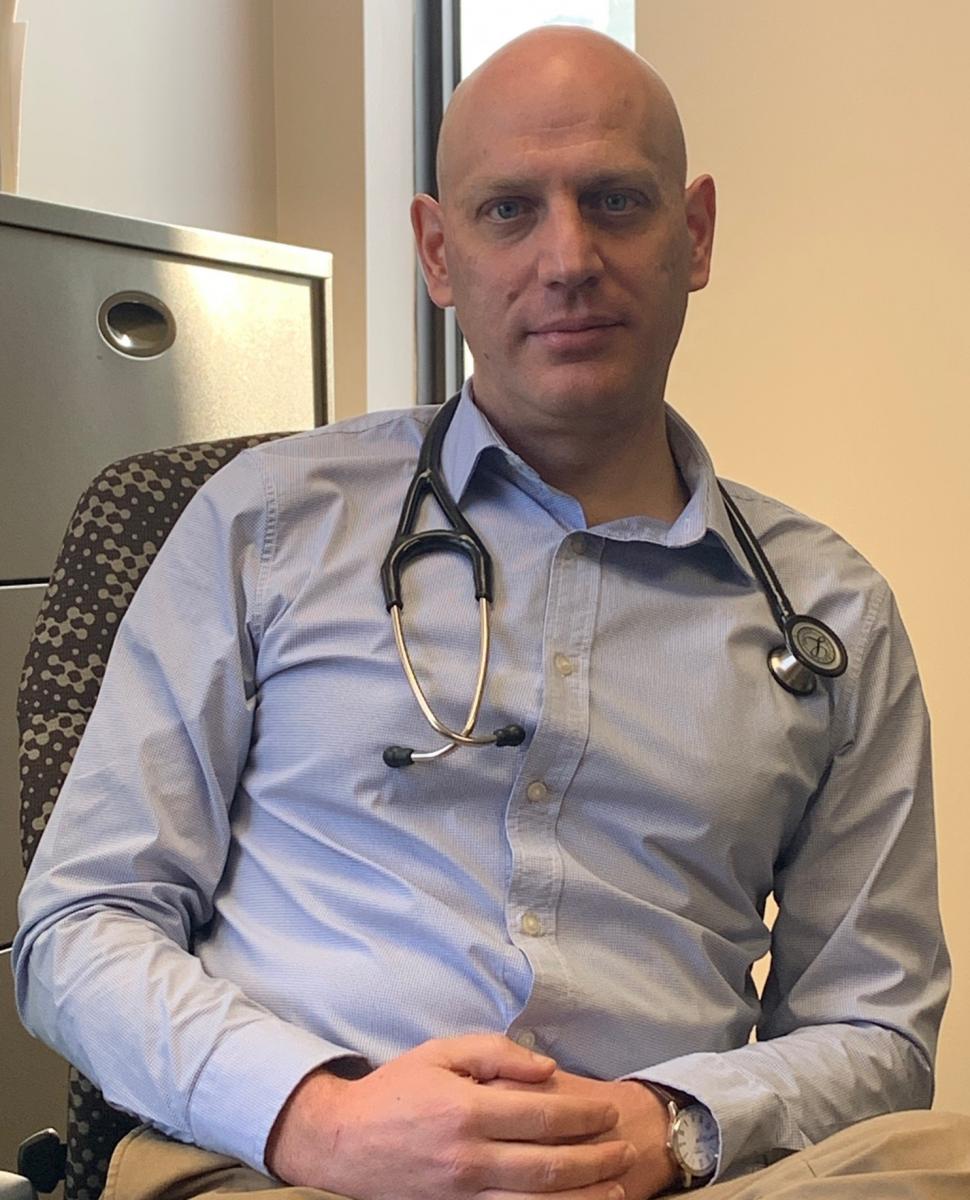Crisis reflections from the front lines
April 14, 2020
Share
Brent Wolfrom is a family physician and Postgraduate Program Director in the Department of Family Medicine at Queen’s University. Prior to joining Queen’s, he was previously a full-time Medical Officer with the Canadian Armed Forces and served in the South Pacific, Mediterranean, as well as two tours to Afghanistan.
Recently, Dr. Wolfrom published a blog in the Canadian Medical Association Journal outlining tips for how physicians can cope in periods of stress and uncertainty. The blog was based on an email he distributed to his colleagues in Department of Family Medicine as they prepared for the arrival of COVID-19. The Gazette has received permission to republish these tips and adapt them for a broader audience.
___________________________________________

My past experiences working with the Canadian Armed Forces in the South Pacific and the Mediterranean and in particular during my times deployed in Afghanistan, taught me a great deal about coping with crises, stress, confusion, guilt, loss and grief. They taught me how I myself cope with crises, be it an unexpected emergency requiring immediate action, or an expected and prolonged event involving complex systems and little control, much like what we are experiencing with COVID-19. As we head down this road, I find myself experiencing so many of the same emotions that I did during my deployments. I also find myself reflexively, and largely unconsciously, setting up supports, defenses and plans.
Based on these experiences and lessons, I wrote a message to my fellow physicians in my department with some of the advice I wish I had received 12-13 years ago. The following is an adaptation of these reflections that are applicable to the entire Queen’s and greater community.
- This event is unlike anything we have lived through before and we expect it to be drawn out, especially if social distancing does what we hope it will. It is likely that at some point we will transition from an acute to chronic crisis mentality. This can be a difficult transition because it can feel like defeat. It’s not. It’s us getting better at beating COVID-19.
- Plan now for how you will maintain your own physical and mental wellness and stick to your plan rigidly. Specifically, how you will deal with both physical and social isolation, confusion and anxiety.
- Find supports who will talk with you about non-COVID-19 related topics and stay in touch daily even if just by text or email.
- There will be some long and dark days ahead and people will all cope differently. A small word of encouragement or appreciation from you to a friend or colleague could make all the difference in helping someone get through the day.
- Support each other. If you have the time or capacity to help someone, just do it.
- Communicate with those who need information and minimize communication with those who don’t. Be deliberate about your email distributions and who you include on the “To” vs “CC” lines. Information overload is going to happen, and we need to be deliberate about protecting each other.
- Grief doesn’t equal failure. Bad outcomes don’t equal failure. Sadness doesn’t equal failure.
- There will be many changes and constraints over the coming weeks, including lack of access to sports, clubs and social events that you used to recharge you. Try to find a replacement for each joyful activity you lose.
All of us have a role to play in defeating this threat and the actions of each of us have the potential to change the trajectory of the ultimate outcome. Best of luck and I look forward to seeing you on the other side of this.
A version of this blog was originally posted in the Canadian Medical Association Journal.